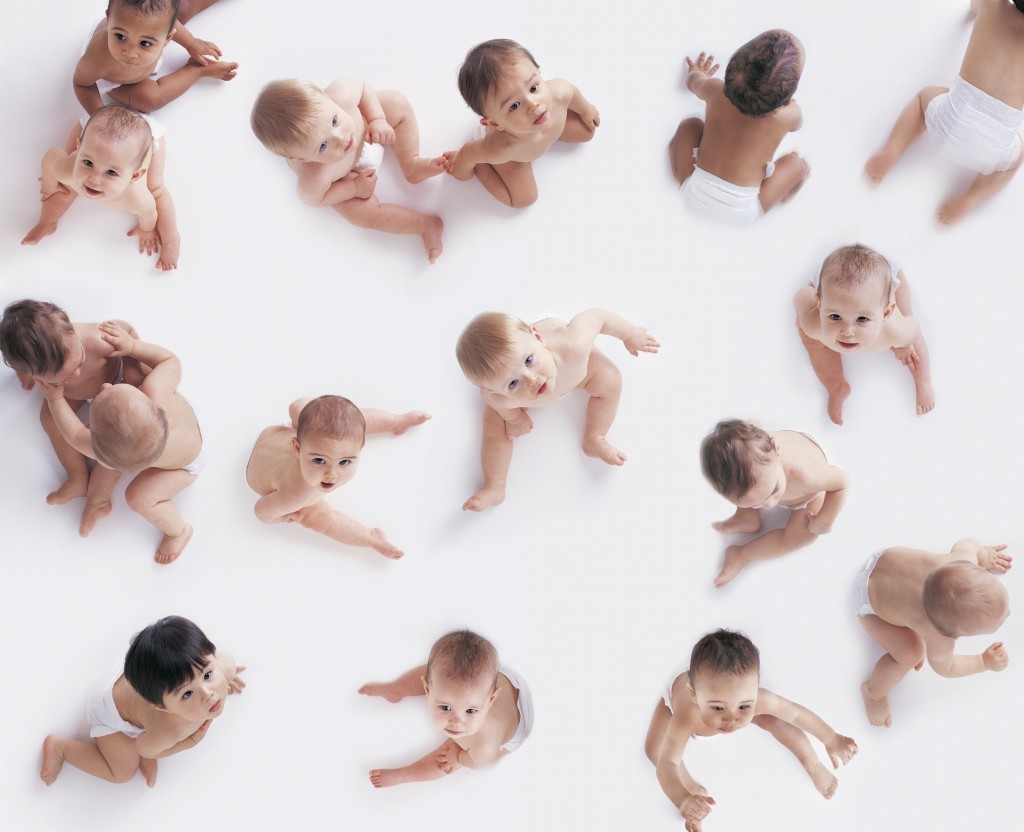D’Annunzio as Father: the Ballroom Babies September 20, 2014
Author: Beach Combing | in : Modern , trackbackMotherhood comes naturally, says the sage, fatherhood, instead, must be learnt. That is certainly the experience of the present blogger with two young daughters (soon to be, God willing, three) and he was amused to come across this dream in the works of Gabriele D’Annunzio, Italian genius and cad, one of the most self referential individuals imaginable. D’Annunzio, whose writing was said to have ‘smelt of sperm’, left a series of wrecked marriages behind him, like mid-western farmsteads blown out under a tornado. He also had many children in his life, not least because of his prolific and over publicised love-making. As all sensitive writers he didn’t like the screaming or the way that these ‘brats’ took from his writing. The following dream is reported in Lucy Hughes’ excellent biography of the John of Baptist of Fascism, The Pike. It is wonderful how even in this, for him, appalling nightmare, D’Annunzio dreams in aesthetics: e.g. camellias.
D’Annunzio, by contrast, eating alone once in a beer shop, dozed off and dreamt of a ballroom all hung around with camellias and cradles. In each cradle there is a baby: each baby is crying loudly. The noise is excruciating. As the ballroom fills with couples, the gentlemen each take up several babies and attempt to dance while carrying them on their shoulders or under their armpits or beneath their waistcoats. The babies scream and wriggle, and poke their fingers into the dancer’s eyes, setting up such a hullabaloo that eventually the dreamer/writer awakes.
Memories of Cyril Connelly ‘pram in the hall’: wasn’t it Evelyn Waugh said that each child cost him a novel and he had a dozen kids by the end? D’Annunzio was never a father in any real sense of the word: he had probably a couple of dozen children but offloaded them onto their foolish mothers (foolish because they’d climbed into bed with the poison dwarf). In his writing he also shows a certain animus towards the baby kingdom. He had one of his heroes kill an infant that was getting on the hero’s nerves. He also wrote that the purest and strongest emotions he ever had were willing the survival of his daughter Renata as fever raged over her baby body. But think of the language for he does so purely in terms of himself. How many other parents would describe the desperation in a life and death struggle as ‘pure’ and ‘strong’?
Other historic dreams: drbeachcombing AT yahoo DOT com



